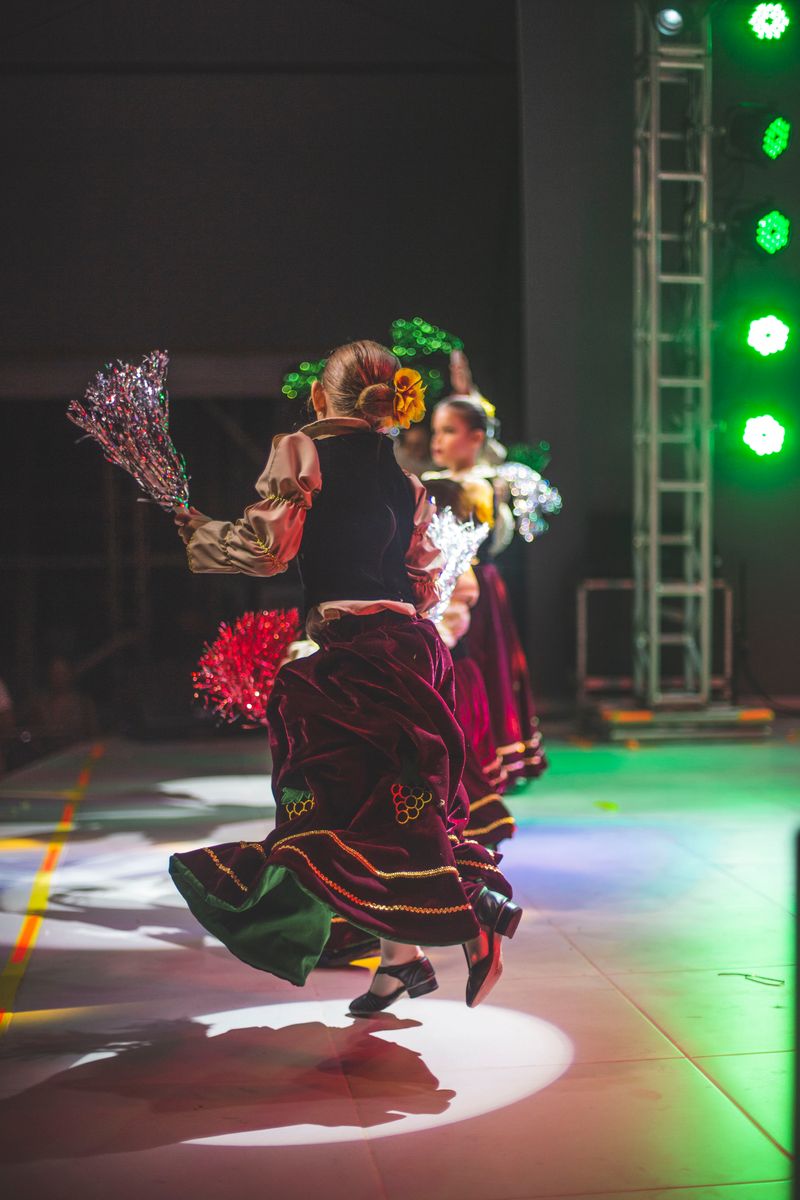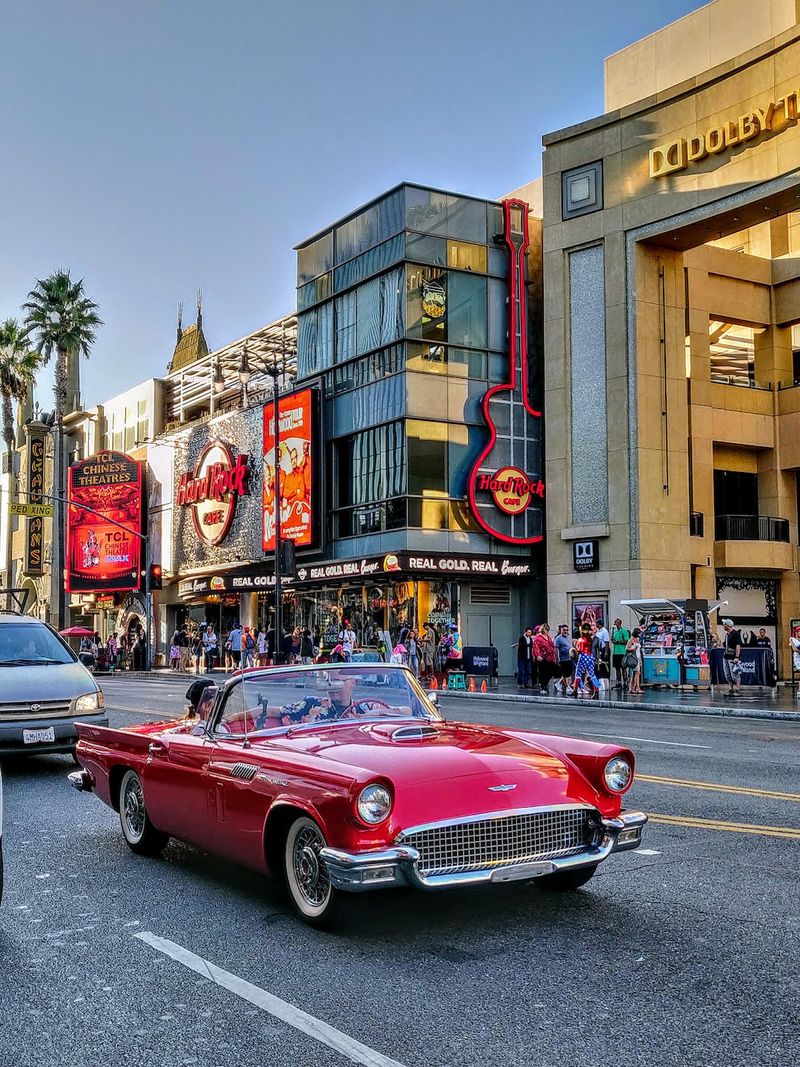Harry Styles Cardiff Concert: Face recognition to be used on crowd
Introduction
In a move that is raising concerns among human rights campaigners, live face recognition cameras will be deployed by South Wales Police to scan thousands of fans attending the Harry Styles concert in Cardiff. The cameras are intended to help identify individuals wanted for “priority offences”. This technology has previously been used by the police at the Beyoncé concert and the Coronation event. However, it has faced criticism for its potential violation of privacy rights. This article will explore the implications and controversies surrounding the use of live face recognition cameras at public events.
The Technology and its Critics
Live face recognition cameras, working in conjunction with artificial intelligence algorithms, compare the faces of individuals with a preexisting “watch list.” This watchlist may contain the names of individuals who are wanted for crimes. South Wales Police have assured the public that if one’s face does not match any entry on the watchlist, their biometric data will not be stored and will be immediately deleted. The CCTV footage obtained from these cameras is typically recorded and kept for a period of up to 31 days.
The deployment of live face recognition technology has faced significant criticism, with human rights campaigners arguing that it is a “dangerously authoritarian mass surveillance tool.” Critics are calling for an effective ban on the use of live face recognition cameras in public spaces. The accuracy of the technology has been a point of contention, with South Wales Police’s own statistics indicating an error rate of around 90%. This inaccuracy could result in innocent individuals being wrongly identified and subjected to unnecessary scrutiny.
Privacy Concerns and Public Safety
The use of live face recognition cameras at events such as concerts raises important questions about privacy rights. Critics argue that mass surveillance of innocent concertgoers infringes upon their right to privacy, as well as potentially violating the principles of presumptive innocence. Moreover, there are concerns about the vast amount of personal data being collected and stored by law enforcement agencies.
Proponents of live face recognition technology argue that it serves an important public safety purpose. By identifying individuals wanted for crimes, it is believed that the technology could help prevent potential security threats and enhance overall event security. However, the effectiveness and proportional benefits of live face recognition cameras remain a subject of debate.
Editorial: Balancing Security and Civil Liberties
The use of live face recognition cameras at public events, including concerts, presents a complex ethical and philosophical dilemma. On one hand, safeguarding public safety is paramount, and law enforcement agencies need effective tools to prevent and address crimes. On the other hand, it is crucial to strike a balance to ensure that civil liberties are not unduly compromised in the process.
While live face recognition cameras may have the potential to deter criminal activity, the current level of accuracy raises concerns about false identifications and the infringement of privacy rights. It is imperative that law enforcement agencies address these issues and work towards improving the technology’s reliability and minimizing erroneous outcomes.
Conclusion
The deployment of live face recognition cameras by South Wales Police at the Harry Styles concert in Cardiff raises significant concerns about privacy rights, accuracy, and the proportionality of surveillance measures. As technology continues to advance, it is essential for lawmakers, law enforcement agencies, and society as a whole to engage in a broader discussion regarding the appropriate use of such surveillance tools. Striking the right balance between security and civil liberties remains a challenging task, but it is vital for a democratic society to navigate this territory responsibly and ethically.

<< photo by Erik Mclean >>
The image is for illustrative purposes only and does not depict the actual situation.
You might want to read !
- The Next Chapter: Bournemouth’s New Manager Andoni Iraola Takes Charge
- Former Premier League Club Bournemouth Appoint Iraola as New Manager
- “Unveiling the Adventurous Spirit: The Fearless Journey of British Billionaire Explorer Hamish Harding”
- Exploring Andrew Ridgeley’s love life after WHAM!
- A Closer Look at the Heather Watson and Courtney Duffus Breakup: Unveiling the Details
- Heather Watson and Courtney Duffus: Exploring the Timeline of Their Breakup




